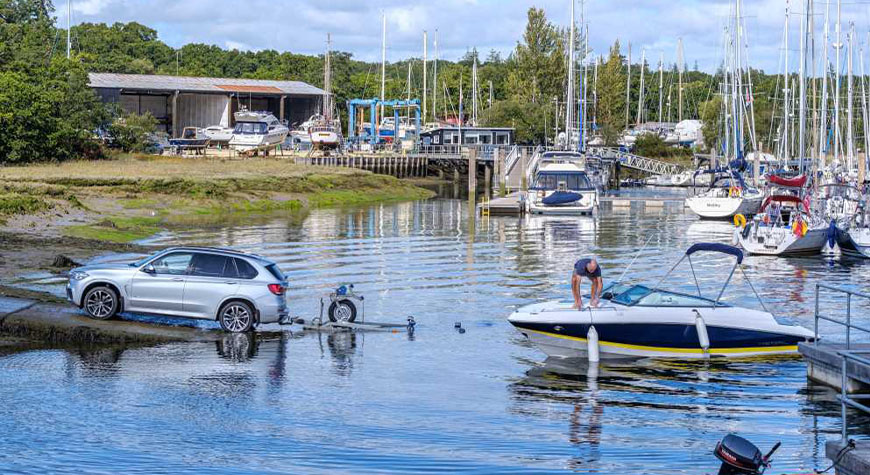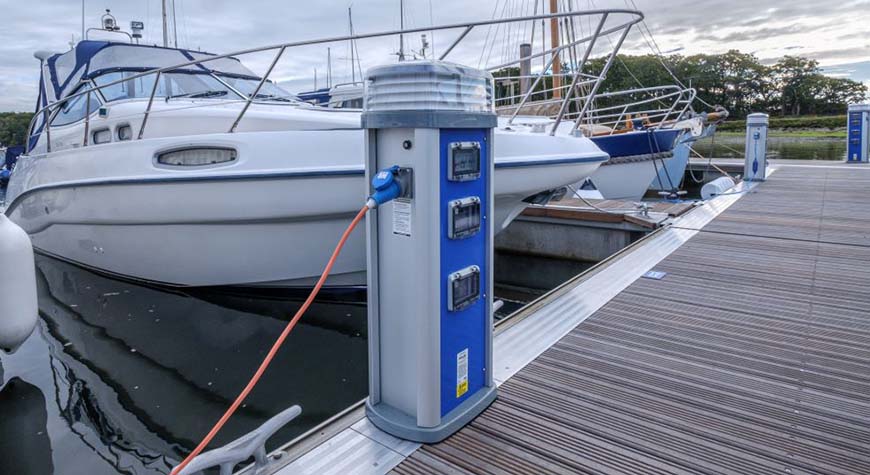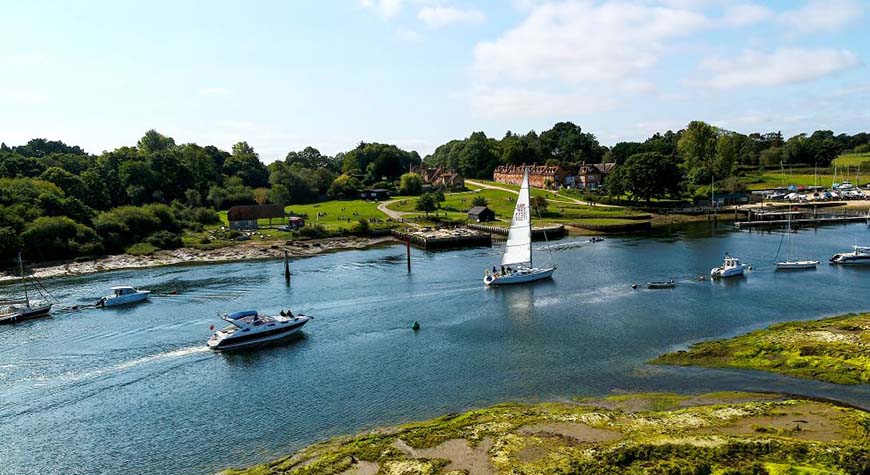They do say ‘fail to prepare, prepare to fail’, which is why carrying out pre-season checks are essential to ensure more stress-free time on the water. Harbour Master Wendy Stowe shares her top tips.
Pre-season checks can be broken down into three stages:
Pre-launch: visual check of the boat out of the water, including the hull, keel and rudder
Post-launch: systems check, including the engine, battery and electronics
Shakedown sail: final check to see if anything has been missed and a chance to try every function, including putting the sails up and anchor down

Don’t grind your gears
Before setting out for a day’s sailing, it is important to do some basic engine checks. These include but are not limited to:
Check fuel filters
Check drive belts for tightness
Check impellers for signs of damage
Check rigging for signs of wear and tear
It is a good idea to keep a maintenance log to help you remember which checks you have done when and ensure you cover the essentials.
Lost your spark?
Proper battery checks and maintenance will make sure you get the most out of your season, as well as your batteries.
Check batteries regularly for signs of corrosion/damage
Check the charge and whether it’s holding
Lead-acid batteries of any type should not be discharged below 50% of capacity, or it will die prematurely
Always charge batteries to maximum capacity. Partially charging a battery is one of the most common causes of premature battery failure
Running on fumes

One of the most common causes for propulsion failure on the Solent is boats either running out of fuel, or issues with the fuel system. So it’s important to:
Check your fuel filter regularly
Add biocide to each fuel fill to help stop growth
If possible, drain and check a sample from the bottom of your tank, as water/sediment can settle in fuel during lay-up
Check the fuel shut-off valve, especially if your boat hasn’t been used for a while
Fuel does have a shelf life and old fuel can cause major issues
SOS
If you do suffer from propulsion failure, it is important to call for help. There are various methods of getting attention when you need assistance:
VHF Ch 16
Call 999 and ask for the Coastguard
Personal Locator Beacon (PLB)
It is advisable to do a radio check with another station before heading out, to ensure that your set is working. Also, make sure that your mobile phone is fully charged and kept somewhere waterproof.
Bon voyage

Following these basic planning tips will help you to enjoy a successful sail, even if you’re just heading out for the day:
Check the weather forecast before setting out, then again at regular intervals
Identify possible safe havens, in case you need them
Check your fuel levels, taking into account the tides and weather
Complete basic engine checks, such as oil levels and drive belts
Then enjoy your sail on the Beaulieu River!